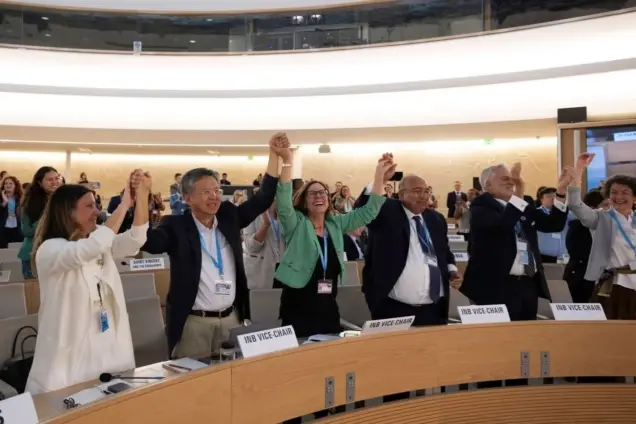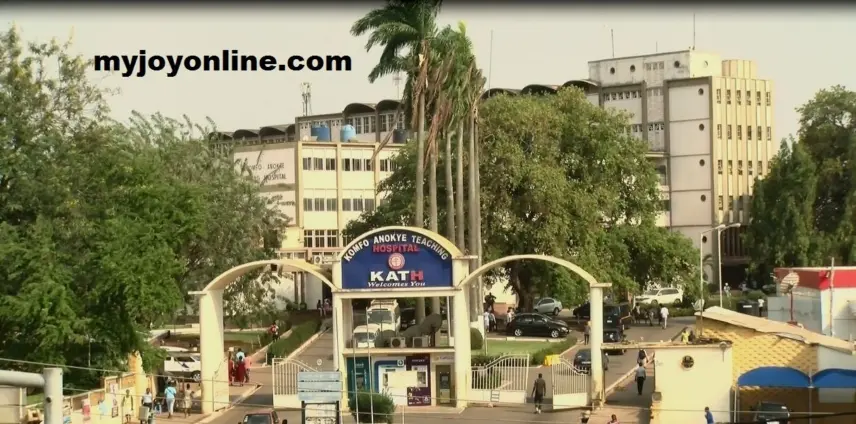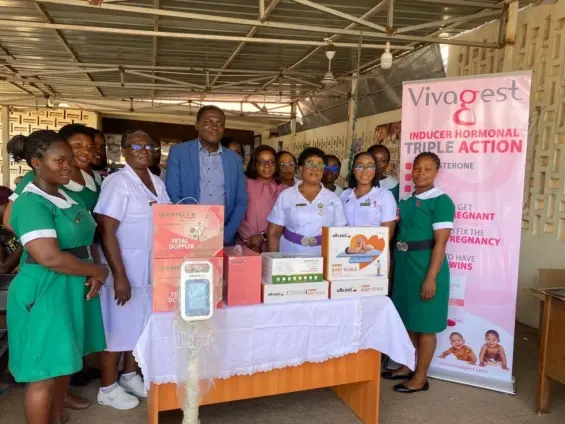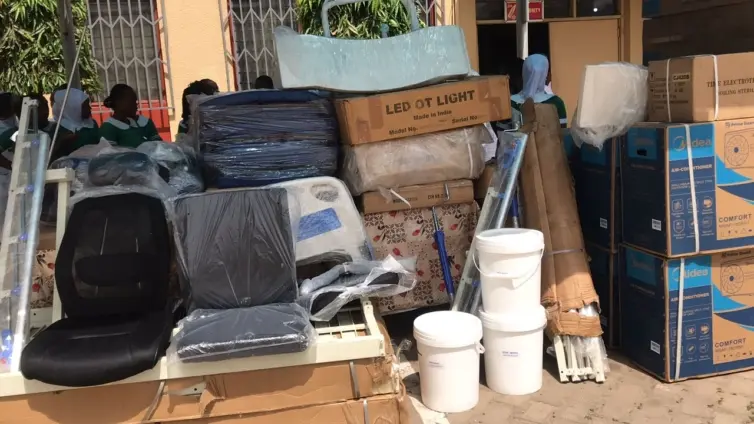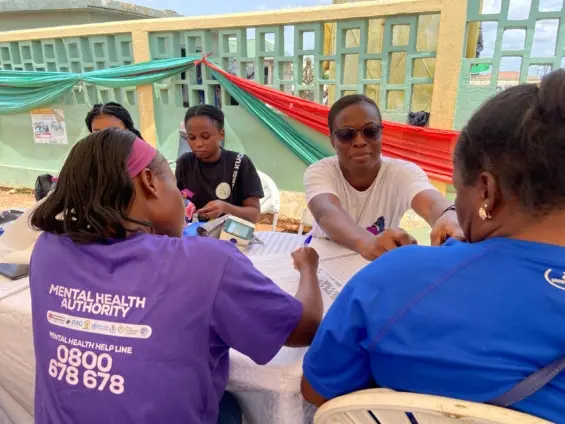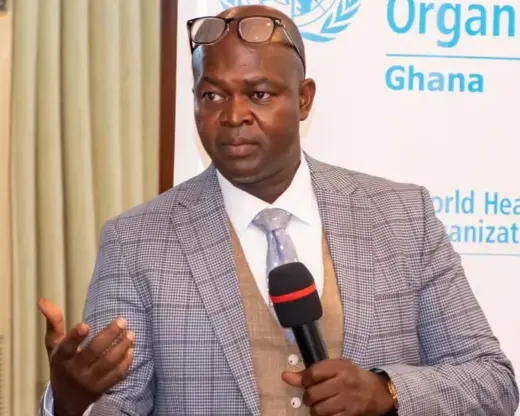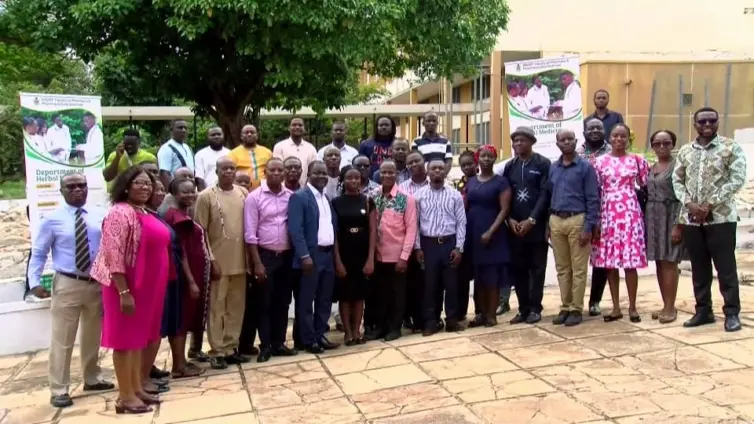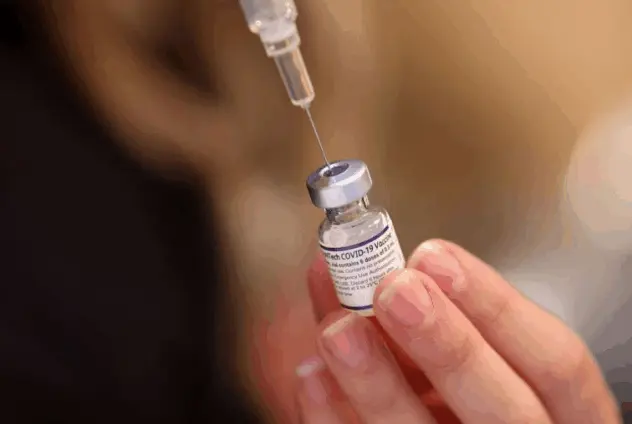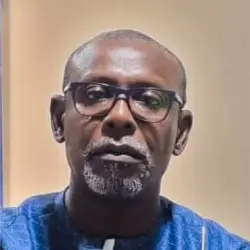In a significant stride towards global health security, the World Health Organization (WHO) has successfully brokered the world’s first Pandemic Agreement. This landmark accord, finalized during the 78th World Health Assembly in Geneva, represents a unified commitment from member states to better prevent and respond to future pandemics, learning from the stark realities of the COVID-19 crisis. The agreement seeks to ensure the world is more prepared to handle such health emergencies, protecting populations more effectively. WHO Director-General Dr. Tedros Adhanom Ghebreyesus lauded the agreement as a triumph for public health, scientific collaboration, and international cooperation. Understanding the key components of the Pandemic Agreement and how they will contribute to a safer and more equitable world is critical. This article will further explore the WHO Pandemic Agreement, examining its objectives, provisions, and potential impact on the global health landscape.
The WHO Pandemic Agreement serves as a crucial framework for enhanced international coordination in preventing, preparing for, and responding to pandemics. It outlines key principles and tools aimed at strengthening the global health architecture, providing a structured approach to managing future health crises. Approved by 124 Member States, this agreement underscores the global consensus on the need for a coordinated response to protect the world from future outbreaks. According to Dr. Tedros Adhanom Ghebreyesus, “It is also a recognition by the international community that our citizens, societies and economies must not be left vulnerable to again suffer losses like those endured during COVID-19.”
A core priority of the Pandemic Agreement is to ensure equitable and timely access to essential resources, including vaccines, therapeutics, and diagnostics, during future pandemics. This focus emphasizes the importance of ensuring that all countries, particularly developing nations, have the necessary tools and support to effectively combat health crises. By addressing disparities in access, the agreement seeks to prevent the inequities observed during the COVID-19 pandemic, where wealthier nations often had preferential access to life-saving vaccines and treatments.
The Agreement explicitly respects national sovereignty, ensuring that nations retain control over their own health policies. A key provision ensures that the WHO Secretariat cannot dictate national laws or policies, respecting the autonomy of individual countries in managing their healthcare systems. This means that countries are not obligated to implement specific measures, such as travel bans or mandatory vaccination policies, unless they choose to do so. “Nothing in the WHO Pandemic Agreement shall be interpreted as providing the Secretariat of the World Health Organization… any authority to direct, order, alter or otherwise prescribe the national and/or domestic law…” ensuring that national authority is preserved in responding to health emergencies.
Negotiations will commence on a Pathogen Access and Benefit-Sharing (PABS) system through an Intergovernmental Working Group (IGWG). This initiative aims to establish a fair and equitable framework for sharing the benefits derived from access to pathogens, ensuring that all countries, particularly those that contribute pathogen samples, receive appropriate compensation and support. The outcomes of these negotiations will be reviewed at the next World Health Assembly, highlighting the ongoing commitment to refining and improving the agreement.
The agreement also envisions the creation of a Coordinating Financial Mechanism and a Global Supply Chain and Logistics Network (GSCL). These systems are designed to improve access to critical pandemic-related health products, ensuring that essential supplies reach those who need them most, regardless of their location or economic status. With a focus on affordability, safety, and timely delivery, the GSCL aims to address the logistical challenges that often hinder effective pandemic response, especially in developing countries.
Pharmaceutical manufacturers participating in the PABS system will play a crucial role in ensuring the success of the Pandemic Agreement. These manufacturers are expected to provide the WHO with rapid access to 20% of their real-time production of vaccines, therapeutics, and diagnostics, ensuring that these vital resources are available when and where they are needed most. The distribution of these resources will be based on public health risk and need, with a strong focus on ensuring that developing countries receive the support they require.
The WHO Pandemic Agreement offers a proactive framework that addresses the gaps and challenges exposed by the COVID-19 pandemic. Dr. Teodoro Herbosa noted that “…the WHO Pandemic Agreement offers a once-in-a-lifetime opportunity to prevent similar devastation in the future,” showcasing the potential for global cooperation.
The adoption of the WHO Pandemic Agreement marks a crucial turning point in global health governance. The agreement shows the commitment of member states to work together proactively in order to prevent pandemics in the future. The foundation for a safer, more resilient world is built through the prioritization of equitable access to resources, upholding national sovereignty, and establishing robust mechanisms for coordination and resource sharing. The global community is taking concrete steps to make sure the lessons learned from COVID-19 translate into effective action with the ongoing negotiations and implementation of key initiatives like the PABS system and the GSCL. The WHO Pandemic Agreement not only enhances global health security, but it also symbolizes the power of multilateralism in addressing shared challenges.
Image Source: MYJOYONLINE

